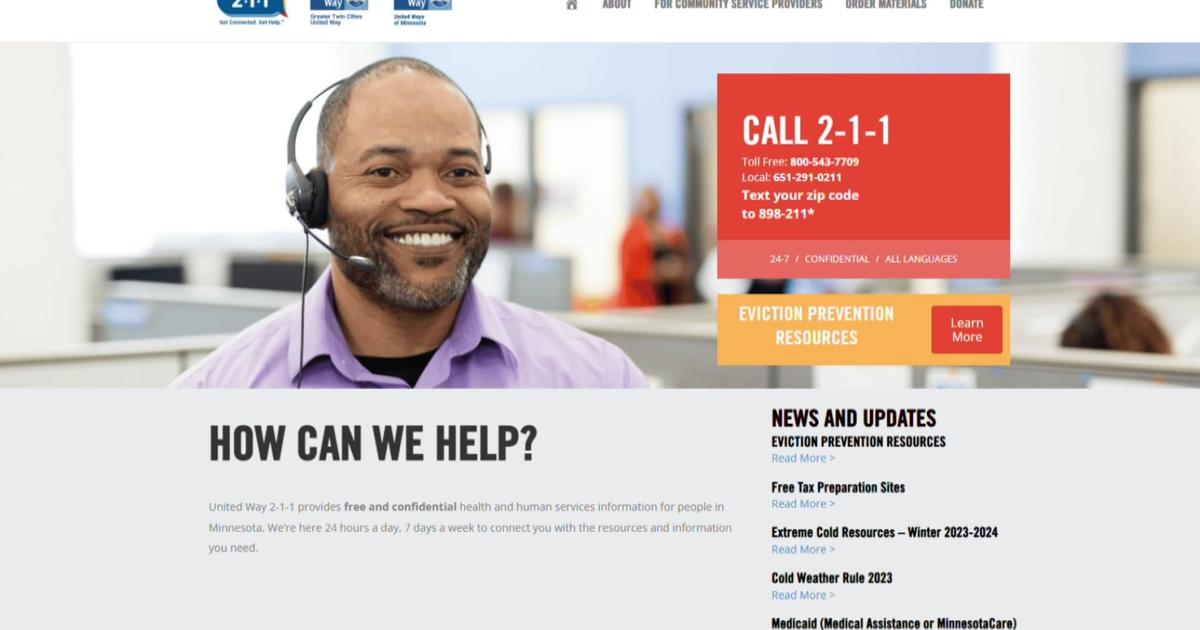Good Question: How Well Do We Really Know Our Neighbors?
MINNEAPOLIS (WCCO) -- For 29 years, people across America have been gathering for National Night Out. But for far longer than that, people have been coming together in neighborhoods.
But how well do we really know our neighbors?
"There's nothing like knowing your neighbors," said Patrick Wilson, a resident of north Minneapolis. "It matters on a lot of levels."
"I'm a pastor and own a coffee shop," said Scott Woller. "I know quite a few of my neighbors."
According to 2010 research from the Pew Research Center, just 19 percent of us say we know all our neighbors. Twenty-three percent said they know most of their neighbors. That leaves the majority, 57 percent, knowing none or just some of their neighbors by name.
On Facebook, Andrew wrote: "I don't want nor need to know my neighbors."
"Oh yeah, I know my neighbors," said Hennepin County Sheriff Rich Stanek, who was meeting people at the state's largest National Night Out event, in downtown Minneapolis.
Stanek said it's critical for safety. And 76 percent told a Harris poll they would feel safer if they talked more with their neighbors.
"People come and go," Stanek said. "They pull in their garage, shut the door, they might check the mail, maybe take the garbage out once a week."
The Pew Researchers actually think people who log on to the Internet daily are more likely to know their neighbors.
"I think in some ways, yes, neighbors do know each other, if their neighbors are like them," said Neeraj Mehta, director of Community Based Research at the Center for Urban and Regional Affairs at the University of Minnesota.
"But as we become increasingly diverse, our neighbors end up not always being just like us," he said, "especially if you're living in parts of Minneapolis and St. Paul and some inner-ring suburbs."
There's nothing wrong with what sociologist Robert Putnam called "bonding social capital," the connections that come in handy when you're sick, and have friends who bring you chicken soup.
But "bridging social capital" is what's required for a pluralist democracy, the connections forged across income-levels and cultural backgrounds.
"The kinds of social capital that is most essential for healthy public life in an increasingly diverse society like ours is precisely the hardest to build," Putnam wrote.



